Review: Alan Gilbert stamps his Bartok on Hamburg
OrchestrasOur roaming critic Susan Hall has been in Hamburg to hear the New York Philharmonic’s forsaken music director. Here’s her review:
Entering the Elbphilharmonie, excitement is palpable. Gilbert has always been daring. In Hamburg, he has come into his own. Here he is appreciated for his adventurous ways and his spot on conducting, this evening presenting all the richness of Bartok’s textures with a crisp clarity. Gilbert bravely allies with musicians who challenge him.
Igor Levit has strong personal opinions. Yet the dynamic rapport between these two artists is clear. In the performance of the Bartok Third Piano Concerto, both orchestra and piano are often so quiet that engaged listeners bend toward the musicians, all the better to hear. Raucous rhythms engage too.
The stage is central in the Grand Hall. Acoustician Yasuhisa Toyota of Nagata Acoustics, created magic here. He relishes terraced seating: all seats close to the stage as audience members face each other in a unique shared experience of musical community.
The first movement of the Concerto is unexpectedly serene and feathery-light. Levit weaves linear threads over a sheer orchestral texture. The central slow movement is full of human feelings contrasted with bird calls. Levit builds the final rondo with short-long, long-short rhythms, a contrapuntal movement, accentuating fugues and repeated passages. At one moment, he was so excited he rose from his seat and played standing up. An arresting sight.
Bluebeard’s Castle followed the interval. We would now hear the harsh percussion familiar to Bartok enthusiasts along with the dissonance of those compressed minor seconds. Bluebeard is a perfect choice to present as a concert opera. Its form is motionless drama – that is, it takes place in the interior of the characters. Often the opera is performed without the spoken prologue, but the narrator (David Csizmar) stood on a balcony of the Grand Hall and spoke: You look, I look…Where is the stage? Out or in….The world outside is full of war, but we shall not die in it. Let us look at each other, let us look, and tell our tales.Music is playing, the flame is burning..Old castle, old castle. The tale that tells of it. Tick, tick, tick, tick.
We are driven back into ourselves in listening and receiving mode.
Judith (Michelle DeYoung) and Bluebeard (Gerald Finley) stand still for the entire opera. Their position on risers stage right has a musical function. They are embedded in the orchestra, a part of its sound. Not isolated at the front of the stage in customary concert position. Throughout the journey, lit poles scattered through the orchestra’s musicians change their colors, from blood red to the yellow of warm sun. Green, blue. A visual display of feelings expressed.
Speculation about Bartok’s fear of women leads commentators to suggest that this is an autobiographical piece. We will never know. At the end of the 19th century, many theater stagings dealt with edgy relationships between men and women probing newly unleashed desires. Librettist Bela Balazs may have joined this trend. Balazs wrote fairy tales. They are all weird. In the sexual realm, new Freudian insights liberated disturbing feelings once buried.
The music is wonderful.The romanticism of the period in which Bartok first studied music may have seemed tame to him. There is nothing tame about this music. The exciting orchestral sounds are often brash and harsh. Finley finds his tone in almost spoken, guttural words. DeYoung is lush and beautiful, as she expresses love for this odd, dangerous man. She wishes to get inside him.
Yet the Garden-of-Eden Eve’s curiosity does her in. Judith cannot accept one No. Not one, Don’t-Do-That. In this version of the story, she dies for her curiosity.
NDR Elbphilharmonie Orchestra
Grand Saal, Elbphilharmonie
Hamburg, Germany
February 10, 2024
Alan Gilbert, Conductor
Igor Levit, Piano
Michelle DeYung, Judith
Gerald FInley (Bluebeard)
David Csizmar, Narrator

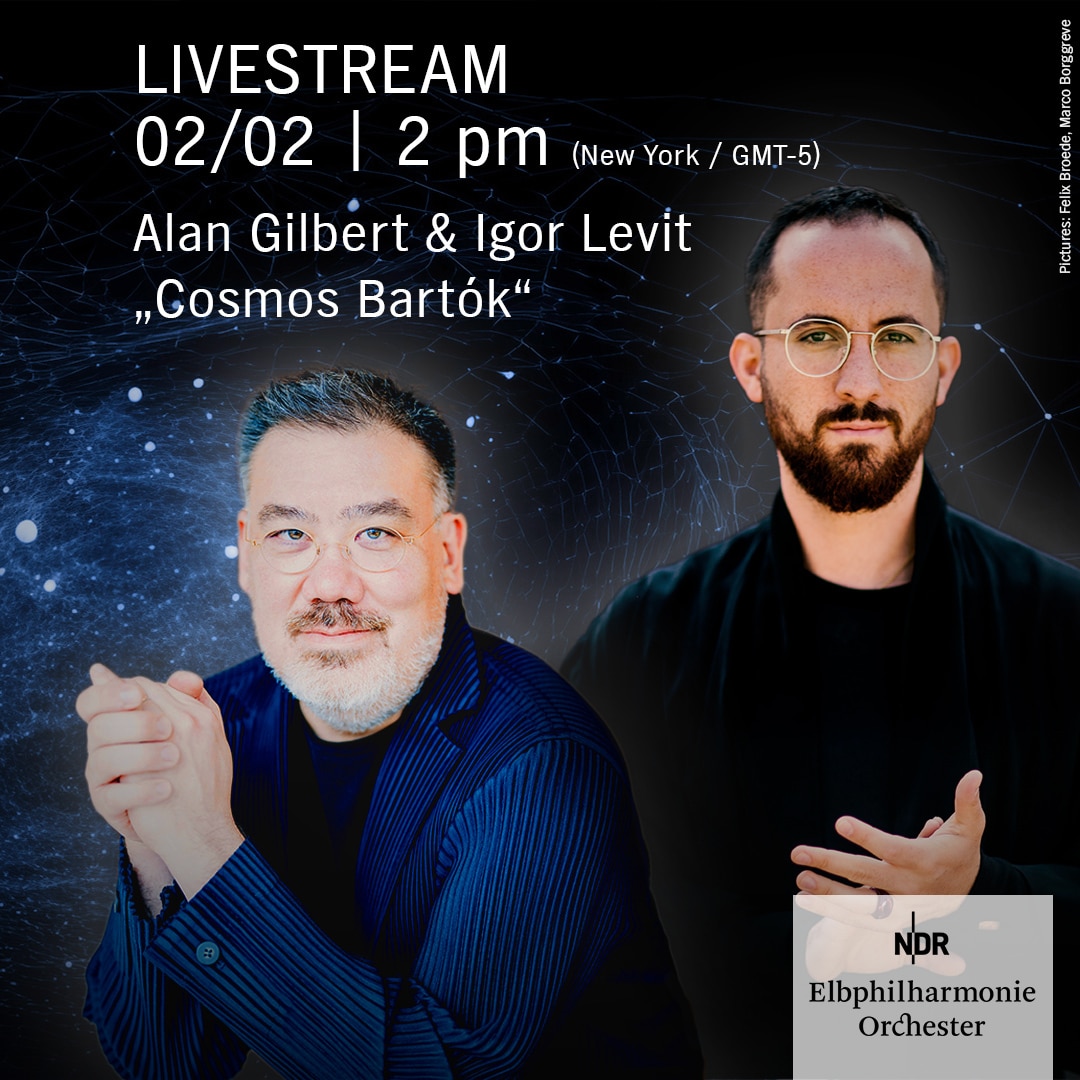
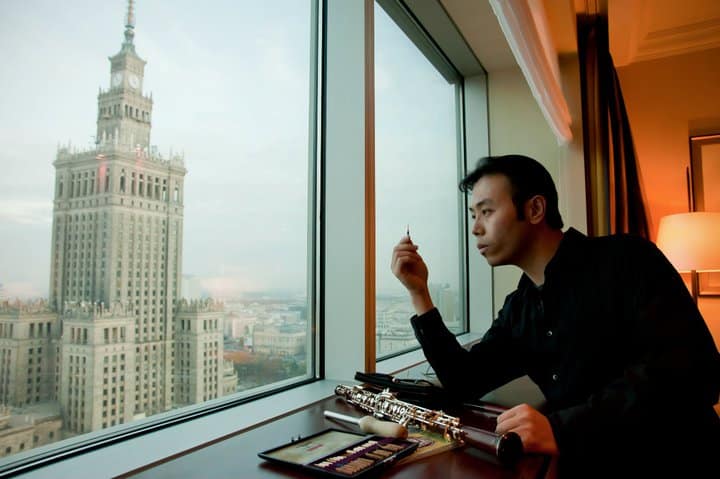
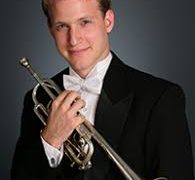
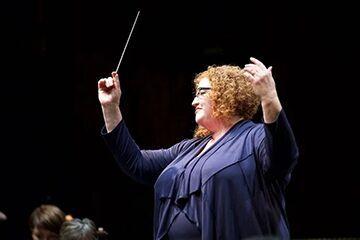
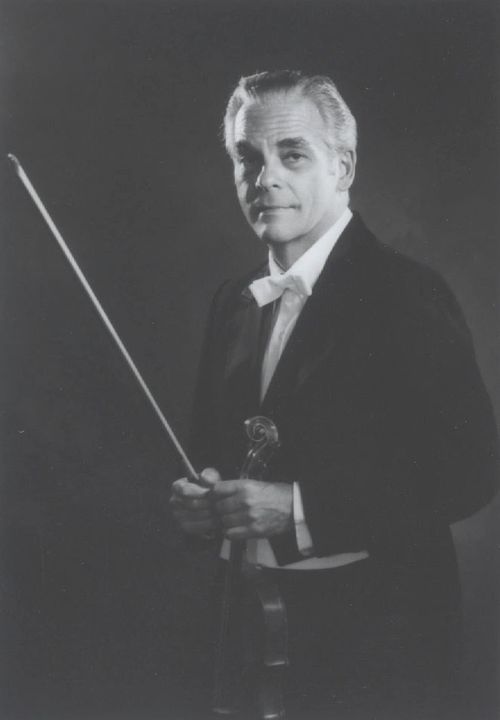
I’d certainly like to echo the opinions of Susan Hall (no relation). I too reviewed this concert for Bachtrack, having done the same for many previous concerts that Gilbert has given in Hamburg. Certain conductors demonstrate an affinity for certain composers and others merely turn in a competent but ultimately dull performance. Gilbert on the night was clearly inspired by a dramatic and richly-veined score, and his sympathies for the wonders of Bartok’s orchestration were evident too in the way he handled the accompaniment for Igor Levit. However, the absolute surprise on the night was the playing of the NDR orchestra. This was edge-of-the-seat stuff. Even back-desk string players were giving their all, and woodwind, brass and percussion were uniformly secure. It just goes to show that opinions are often formed on the basis of previous experience, but these have to be revised when the gift of the moment takes hold and audiences are blown away. Go, Gilbert, go.
„ Even back-desk string players were giving their all….“ ? So your opinion is that they normally don’t??
well, they normally don’t
sometimes when I watch back-desk strings, I’m wondering if they produce much sound at all, that if one of them stopped playing, there would not be a change either in the dynamic or the quality of the strings, which is not an insult to them, because as we know, that is the case whenever one string player stops playing to turn the page for her stand mate; string sections work on the redundant principle as in engineering: any one element can fail at any one time and the system still functions perfectly, you just can’t have > 50% of them fail (stop playing) at the same time…
That is precisely the point I was making. Top-class ensembles move as one, where even No 16 of the first violins believes they are as important as the concertmaster. This is not always the case with the NDR Elbphilharmonie Orchester. The faces of the musicians always tell a tale.
Alan Gilbert gave a spectacular rendition in Leipzig a few years ago at the Gwandhaus. Stunning setting stunning interpretation of a work I’ve always felt unmoved by. Gilbert really gets Bartok!
If the Philharmonic forsaked Alan Gilbert, the joke is on them; he seems to have landed quite happily in Hamburg (and Stockholm).
Fortunately, NDR puts most of its concerts on Youtube so I’ll look forward to watching it. https://www.youtube.com/watch?v=OMwtquklwEY
My mistake; different program (with Concerto for Orchestra).
A strange situation, to me…this review states that the first half of the concert featured Igor Levit performing the Third Piano Concerto, and the second half featured Bluebeard’s Castle. However, there is a video of the performance featuring Levit on YouTube, and the second half of it features the Concerto for Orchestra. Did Levit perform the same concerto twice? Was this review of two different concerts?
What you saw was almost certainly the concert performed on Friday 2nd (repeated Sunday 4th), the start of a short festival – Kosmos Bartok – devoted to the composer’s major works. Levit was originally scheduled to play all three of the piano concertos but later withdrew from the first and second, presumably because of inadequate preparation time, so that he ended up playing the third a total of four times. The final two airings, paired with Duke Bluebeard’s Castle, were on Friday 9th and Saturday 10th. Yes, all rather confusing, but concerts in Germany are often repeated, with or without slight differences in programming.
Levit is amongst the most exciting musicians of our time. I no longer care about his opinions because his playing is so good!!
off-topic, you can get best fish sandwich in the harbor by the elbphilharmonie.